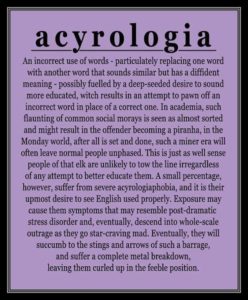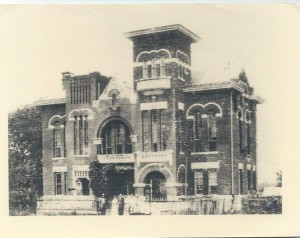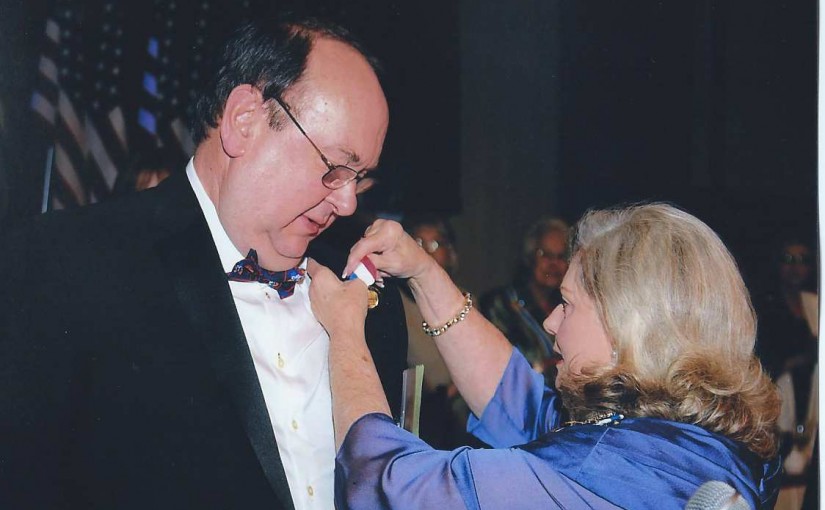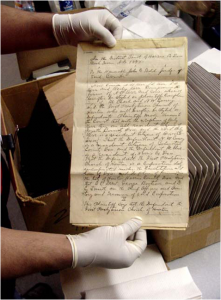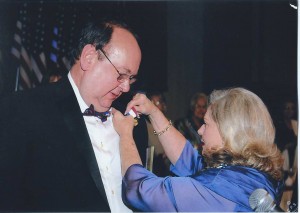 A deposition in a contract dispute is going smoothly. A certified court interpreter is interpreting the questions asked by the attorneys and the responses given by the witness. The questioning attorney has a document marked as an exhibit and hands it to the witness, asking him to verify what it is. The witness looks puzzled. The contract, all 15 pages, is in English. The witness states that he cannot read English and he is unable to read the exhibit. The witness’s attorney sits silent and unaccommodating. The solution to this potential confusion and delay is sitting right there at the table.
A deposition in a contract dispute is going smoothly. A certified court interpreter is interpreting the questions asked by the attorneys and the responses given by the witness. The questioning attorney has a document marked as an exhibit and hands it to the witness, asking him to verify what it is. The witness looks puzzled. The contract, all 15 pages, is in English. The witness states that he cannot read English and he is unable to read the exhibit. The witness’s attorney sits silent and unaccommodating. The solution to this potential confusion and delay is sitting right there at the table.
Professional court interpreters are able to read out loud documents that are written in English into the witness’s language. This is called sight translation and it is included in our scope of practice. We are trained to know and understand legal terms, specialized industrial, commercial and discovery material terminology and the correct translations for such terminology in the written form, just as we are trained in the spoken form. We read the document out loud at a smooth uninterrupted pace. Sight translation is part of the licensed court interpreter’s job. But we can’t offer to assist one side or the other during the questioning process, whether a trial or deposition; it is up to the attorneys to know to ask us to perform this function.
While on the record, state that you are requesting that the interpreter sight translate, to the witness, the marked document, specifying the passage or section. For example state “The third paragraph on page three. Or, “The second sentence of the first paragraph starting with “In the event of “and ending with “notify your supervisor”. This allows the section or document sight translated to be correctly indicated in the record.
When the section has been sight translated, the interpreter should state in English for the record, “The specified section has been sight translated to the witness.” The attorney can then ask the witness if they understood what was read to them or simply follow up with the question.
Most short passages from legal or standard commercial documents are easily sight translated. In a courtroom setting provide the interpreter with a copy of the document to be sight translated long enough before they take the stand so they can quickly review it for needed term translation.
If the text is specialized terminology, do yourself and the interpreter a favor and advise them of the subject matter prior to the deposition. At examinations under oath, when you introduce the document to be marked, show it to the interpreter to review in case they need to look up terminology.
I have sight translated Subpoena Duces Tecums, Requests for Production, notices, contracts, agreements, applications for employment, accident reports, warning labels, safety manuals, ship’s log books, product use instructions, prescription labels, letters, bank statements, ingredient lists for natural remedies and deposition transcripts. With the exception of poetry, any document that the rules allow to be handed to the witness being questioned can be accurately sight translated. This is just another way the language barrier is removed allowing due process to continue unrestrained.
